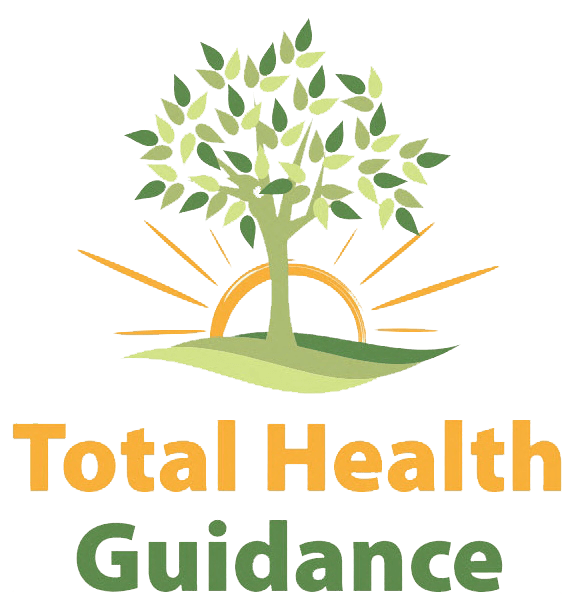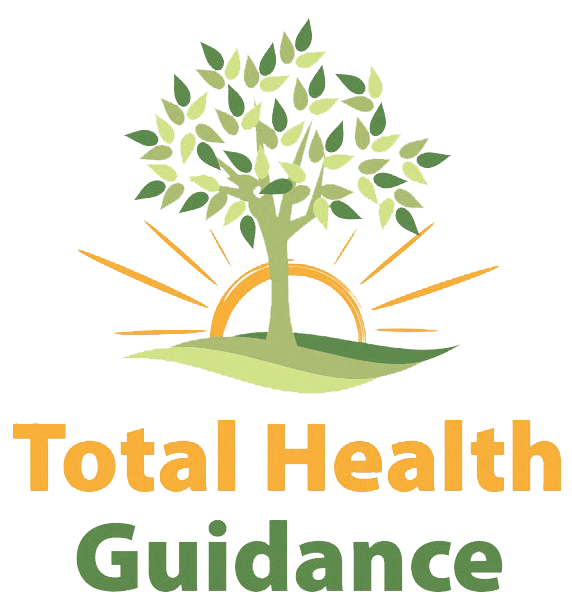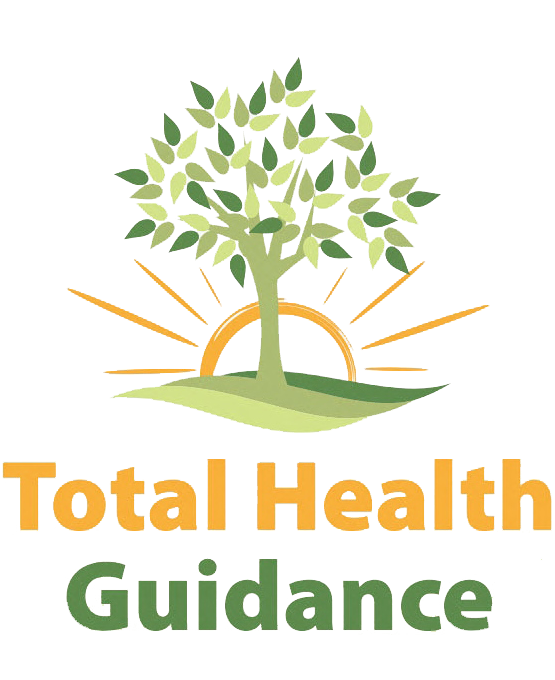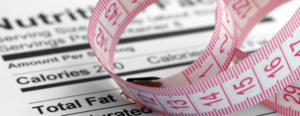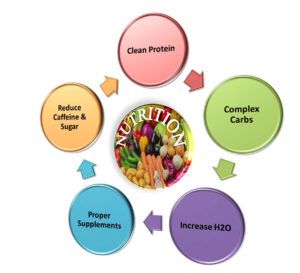1. Eat the Rainbow (Not Skittles)! Colorful plant-based foods contain flavonoids (which are antioxidants) that can decrease blood pressure, dilate blood vessels, and reduce inflammation. There is no bad fruit or veggie, but the darker the color the more beneficial to your heart. Some great examples include: Beets, Pomegranate, Broccoli, Kale, Spinach, Tomatoes, Citrus, Green Tea, and even dark chocolate (meaning chocolate made up of at least 60-70% cocoa. Sorry, but milk chocolate and candy bars don’t cut it when it comes to protecting your heart.)
2. Red Wine. Small amounts of red wine can lower heart disease risk. (More than 2 drinks a day can actually increase risk.) There is a polyphenol found in red wine called resveratrol that gives it an added benefit. You can also get resveratrol from non-alcohol sources, like natural peanut butter and grapes.
3. Add Juice Plus (Orchard, Garden & Vineyard Blend). This will help you to bridge the gap between what you are eating and what you should be. This will ensure that you are getting the nutrients from a wide variety of fruits & veggies on a consistent basis. You can purchase this at our on-line store at: http://d.juiceplus.com/. However, if you have a child between the ages of 4-18 (or a full-time college student), they can get their Juice Plus for free with an adult sponsor. Call our office and we can enroll you in the free program.
4. Consume more whole grains. Oatmeal is high in soluble fiber, which can lower cholesterol. It acts as a sponge and soaks up cholesterol so it is not absorbed into the bloodstream. Avoid instant oatmeal which often contains sugar and choose the old-fashioned or even quick-cooking oats. Other whole grains such as bread, pasta and grits are also good for the heart as long as they still contain the entire grain.
5. Add more healthy fats to your diet. Salmon and other fatty fish such as sardines and mackerel are some of the superstars of heart-healthy foods. They contain large amounts of omega-3 fatty acids which lower the risk of arrhythmia (irregular heart beat), reduce plaque build-up in the arteries, and decrease triglycerides. The American Heart Association recommends eating fatty fish at least twice a week. Other great sources of Omega #’s include ground flax seeds, chia seeds, and avocados.
6. Eliminate Trans Fat from your diet. This will be listed on the Nutrition Facts label as “Partially Hydrogenated” or “Hydrogenated” oil. This bad fat is found in things like: margarine, store bought cookies, donuts, peanut butter, bread, packaged goods, and most items at fast food restaurants. Remember, if it doesn’t mold or sprout – throw it out!
7. Go Nuts! This includes almonds, walnuts, pistachios, peanuts and macadamia nuts, all of which contain good fiber. They also contain vitamin E, which helps lower bad cholesterol. Some nuts, like walnuts, are also high in omega-3 fatty acids. Nuts, just like fruits and veggies, are best when eaten raw. Roasting them reduces their nutritional value.
8. What’s the scoop on Soy? Clean, low processed, non-GMO sources of soy are a good way to add protein to your diet without unhealthy fats and cholesterol. Soy products contain high levels of polyunsaturated fats (good for you), fiber, vitamins, and minerals. Soy may also reduce blood pressure in people who eat a diet high in refined carbohydrates. Compared with dairy milk or animal proteins, soy protein can actually decrease LDL or “bad” cholesterol.
9. Exercise.Your body has an amazing ability to produce its own medicine. It can make cholesterol lowering medication, anti-depression medication, and blood pressure meds. However, the secret to unleashing all those internal Rx’s is exercise. When we move, nitric oxide flows through our system and absorbs whatever medication is needed. Exercise also reduces stress. The best exercise is the one that you will do!
10. Don’t leave anger or depression unchecked. We are holistic beings. You cannot separate your physical health from your emotional health or relational health. You may have heard the saying, “you are only as sick as your secrets.” There is a lot of truth to that. Don’t let things build up and stay in your head, talk to someone and let them out. Undealt with anger and depression can have a significant impact on your overall health, and in particular the health of your heart.

